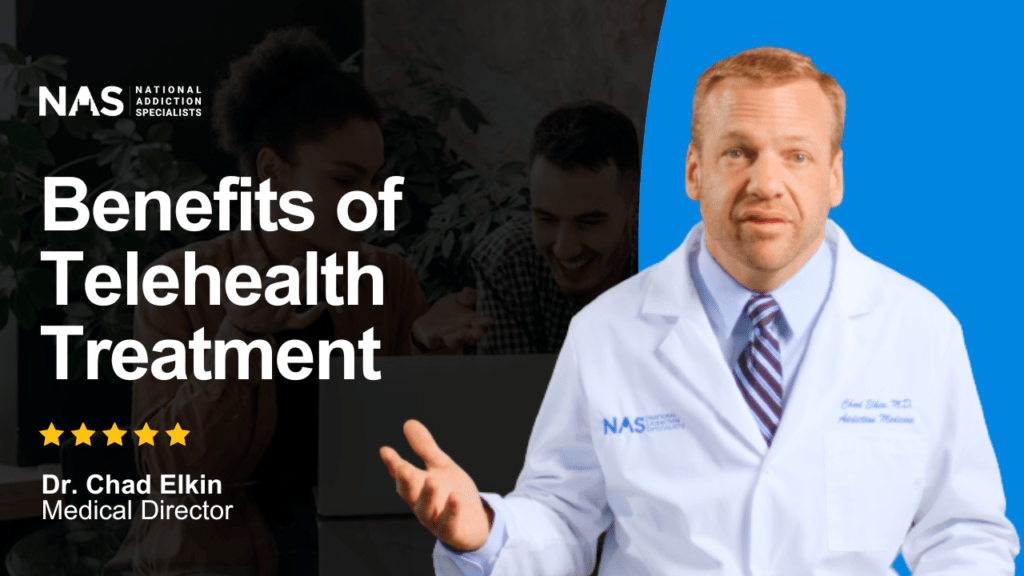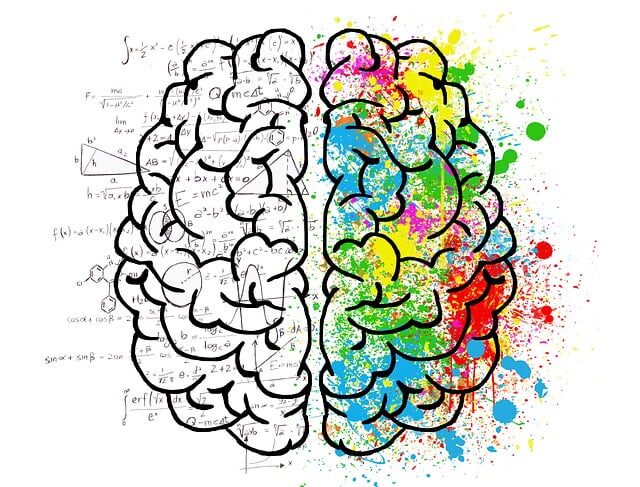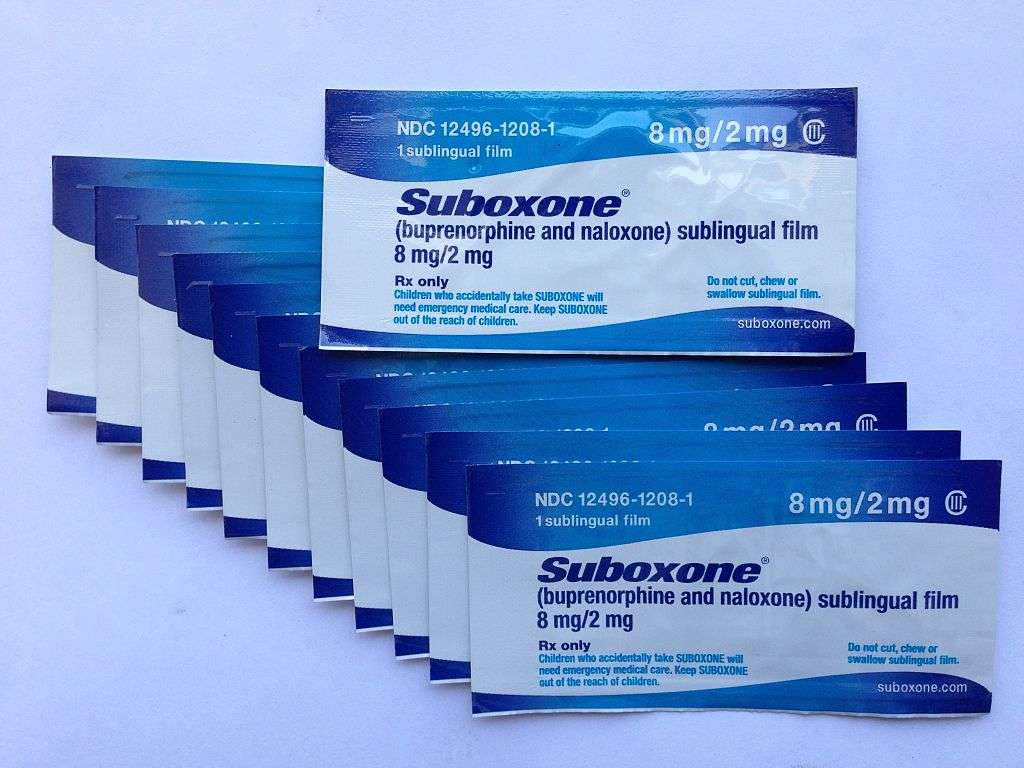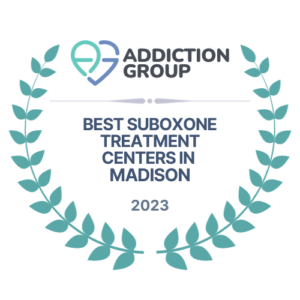An irresistible urge to take a substance or engage in an activity despite negative effects is a symptom of addiction which is considered to be a chronic brain disease.Addiction is not a sign of weakness, but a brain disease that can affect any person. It is a complex condition that can affect every aspect of a person’s life, including their physical and mental health, relationships, and overall well-being.
There are many different substances and behaviors that can lead to addiction, including alcohol, drugs, gambling, and even certain activities such as shopping or social media use. Addiction alters the brain in ways that make it challenging for a person to manage their use, regardless of the substance or behavior.
Overcoming addiction is a challenging and complex process that requires support and guidance. Seeking help can be a difficult and intimidating step, but it is a brave and important one that can ultimately lead to a happier and healthier life. You might be unsure of how to get assistance if you or a loved one is suffering from addiction.
In this article, we will provide a range of options for seeking help for addiction, discuss the benefits of seeking help, and provide tips for effectively asking for support and navigating the process of seeking help for addiction.
Different Types of Help
Seeking help for addiction is an important step towards recovery and improving one’s quality of life. There are many different types of help available for people with addiction, each of which can be an important part of a comprehensive treatment plan.
Therapy
Therapy can involve one-on-one sessions with a licensed therapist or counselor, or participation in group therapy sessions with other people who are struggling with addiction. There are many different types of therapy that can be helpful for people with addiction:
- Cognitive-behavioral therapy (CBT) – helps individuals identify and change negative thoughts and behaviors that may be contributing to addiction.
- Dialectical behavior therapy (DBT) – focuses on helping people regulate their emotions and improve relationships.
- Contingency management – uses rewards to encourage positive behavior change.
- Motivational interviewing – aims to help people identify and resolve ambivalence about change.
- Psychodynamic therapy – focuses on unconscious thoughts and feelings and how they may be impacting behavior.
- Mindfulness-based therapies – involve training in mindfulness and meditation practices to help people become more present and aware of their thoughts and feelings.
- Family systems therapy – focuses on the relationships and dynamics within a family and how they may be impacting the individual’s addiction.
Support Groups
Support groups can be an important part of treatment for addiction. Support groups provide a community of people who are also in recovery and can offer support and accountability. Alcoholics Anonymous (AA), Narcotics Anonymous (NA), and Gamblers Anonymous (GA) are a few examples of known support groups. These groups often follow a specific set of principles and may involve working through a series of steps or attending regular meetings.
Support groups can be helpful for people with addiction in a number of ways. For example, they can provide:
- A sense of community and belonging: Support groups can help people with addiction feel less alone and more connected to others who are going through similar experiences.
- A safe and supportive space to share: Support groups can provide a safe and supportive space for people to share their thoughts and feelings without fear of judgment.
- Strategies for managing cravings and triggers: Support groups can provide helpful strategies and techniques for managing cravings and avoiding triggers that may lead to relapse.
- A sense of accountability: Support groups can provide a sense of accountability, as members are expected to attend meetings regularly and work towards their recovery goals.
Medication
Medication can also be an important part of treatment for addiction, particularly for substances like opioids or alcohol. There are several different medications that can be used to help manage addiction, including suboxone, methadone, buprenorphine, and naltrexone. There are several types of medications that may be used to help treat addiction, including:
- Medications for detox: Medications can be used during the detox process to help manage withdrawal symptoms and reduce the risk of complications. These medications may include benzodiazepines for alcohol withdrawal, buprenorphine for opioid withdrawal, and anti-seizure medications for certain types of substance withdrawal.
- Medications for maintenance: Medications can be used as part of a maintenance program to help reduce cravings and prevent relapse. These medications may include methadone or buprenorphine for opioid addiction, and naltrexone or acamprosate for alcohol addiction.
- Medications for co-occurring conditions: For those with addiction and co-occurring mental health conditions, medications may be used to treat the mental health condition in addition to the addiction. For example, antidepressants may be used to treat depression, and antipsychotics may be used to treat schizophrenia.
It is important to note that no one type of help is right for everyone. The best approach to treatment will depend on the individual’s needs and circumstances. It is often helpful to work with a treatment team that includes a therapist, physician, and other professionals who can help develop a personalized treatment plan.
Best Ways to Ask For Help For Addiction
Reach out to a healthcare professional
A healthcare professional, such as a primary care doctor or a mental health provider, can be a good first point of contact for seeking help for addiction. They can assess the individual’s needs and recommend appropriate treatment options. This may involve referring the individual to an addiction specialist or a treatment center, prescribing medications to manage withdrawal or cravings, or providing other types of support.
Contact a local addiction treatment center
Addiction treatment centers can provide a range of services, including detox, therapy, and medication management. Many treatment centers have intake coordinators or other staff members who can help individuals understand their treatment options and enroll in a program. Treatment centers may offer a variety of program options, such as residential treatment, outpatient treatment, or intensive outpatient treatment, depending on the individual’s needs and circumstances.
Call a helpline
Many states and organizations have helplines that can provide information and support for those seeking help for addiction. These helplines can often provide referrals to treatment centers and other resources, as well as emotional support and guidance. Helplines can be a particularly helpful resource for those who are not sure where to start or who may be feeling overwhelmed.
Reach out to a support group
Support groups, such as Alcoholics Anonymous (AA) or Narcotics Anonymous (NA), can provide a sense of community and support for those in recovery. Many support groups have websites or other resources that can provide information about how to get involved, such as meeting schedules and contact information. Support groups can be accessed on a standalone basis or may be incorporated into other forms of treatment, such as residential or outpatient treatment.
Talk to a trusted friend or family member
A trusted friend or family member can provide emotional support and may be able to help connect the individual with resources and treatment options. This might involve providing transportation to treatment appointments, helping the individual find a treatment program or support group, or simply offering a listening ear and a sense of support.
Consider alternative or complementary treatments
In addition to traditional treatment approaches, there are also a number of alternative or complementary treatments that may be helpful for addiction. These can include treatments such as acupuncture, meditation, or yoga, which may help to reduce stress and improve overall well-being.
Benefits of Seeking Help For Addiction
Seeking help for addiction can bring many benefits and improve overall quality of life. Some of the specific benefits of treatment include:
- Increased likelihood of recovery – Addiction is a chronic disease, but with the right treatment, it is possible to achieve and maintain recovery. Research has shown that people who receive treatment for addiction are more likely to achieve and maintain long-term recovery compared to those who do not receive treatment.
- Reduced risk of relapse – Relapse is a common part of the recovery process, but treatment can help reduce the risk of relapse and improve the chances of sustained recovery.
- Improved physical health – Substance abuse and addiction can have a negative impact on physical health, including damaging organs, impairing cognitive function, and increasing the risk of certain diseases. Seeking help for addiction can improve physical health and reduce the risk of these negative consequences.
- Improved mental health – Addiction can also have a negative impact on mental health, leading to conditions such as depression, anxiety, and trauma. Treatment can help improve mental health and reduce the risk of these and other mental health problems.
- Increased social support – Seeking help for addiction can help build a support network of people who are also in recovery. This can provide a sense of community and belonging, as well as practical support and guidance.
- Stronger relationships – Addiction can strain relationships with family and friends, but treatment can help repair these relationships and improve communication and support.
- Increased self-esteem – Addiction can often lead to feelings of shame and low self-esteem. Seeking help for addiction can help individuals feel more positive about themselves and their ability to make positive changes in their lives.
- Increased ability to cope with stress – Addiction can often be a coping mechanism for managing stress, but it is not a healthy or sustainable way of coping. Seeking help for addiction can help individuals develop healthier coping skills and strategies for managing stress.
- Increased productivity – Addiction can often interfere with work and other responsibilities, leading to decreased productivity and potentially even job loss. Seeking help for addiction can help individuals improve their productivity and performance at work and in other areas of life.
- Increased financial stability – Addiction can often lead to financial instability, such as spending money on drugs or alcohol instead of bills and other necessities. Seeking help for addiction can help individuals improve their financial stability and better manage their resources.
- Improved overall quality of life – Treatment can help improve overall quality of life by improving physical and mental health, strengthening relationships, and increasing the chances of achieving personal goals and fulfilling one’s potential.
It is important to note that the benefits of treatment may not always be immediately apparent and that recovery is a journey that involves ups and downs. However, with the right treatment and support, it is possible to achieve lasting recovery and improve overall quality of life.
How To Effectively Ask For Help For Addiction
Be specific about what you need: When asking for help with addiction, it can be helpful to be specific about what you need. This might include specific types of treatment, such as residential or outpatient treatment, or specific services, such as therapy or medication management. Being specific can help those you are asking for help to better understand your needs and how they can support you.
Be open to different options: There are many different treatment options available for addiction, and what works for one person may not work for another. It can be helpful to be open to different options and to consider a range of approaches in order to find what works best for you.
Be honest about your struggles: Addiction can be a difficult and complex issue, and it is important to be honest about your struggles when asking for help. This can help those you are asking for help to better understand your situation and how they can support you.
Reach out to multiple sources of support: Recovery from addiction is often a journey, and it can be helpful to have a network of support to help you along the way. This may involve seeking help from a range of sources, such as healthcare professionals, treatment centers, support groups, and trusted friends and family members.
Don’t be afraid to ask for help: Seeking help for addiction can be a difficult and intimidating step, but it is an important and brave one. Don’t be afraid to ask for help, even if you are not sure where to start or if you are feeling overwhelmed. There are many resources available to support you in your recovery journey.
Conclusion
Asking for help for addiction is a crucial step towards recovery and a better future. By seeking support from healthcare professionals, treatment centers, helplines, support groups, and trusted friends and family members, you can find the guidance and resources you need to overcome addiction and build a healthier and more fulfilling life. Remember, recovery is a journey, and it is important to be patient with yourself and to celebrate small victories along the way.
Don’t be afraid to seek out multiple sources of support and to explore different treatment options in order to find what works best for you. With the right help and support, you can overcome addiction and enjoy a fulfilling and sober life. If you or a loved one is struggling with addiction, know that there is hope and that you are not alone. Reach out for help today and take the first step towards recovery.
Interested to learn more? Read more related articles: Tips to Prevent Addiction Relapse
Contact National Addiction Specialists To Help With Addiction!
National Addiction Specialists is here to help and support you if you are struggling with addiction.
You can use your phone, tablet, or computer to chat and speak with a doctor in the comfort of your own home. You’ll receive your individualized treatment plan and continue to receive telemedicine care up until you reach full recovery.
Get in touch with us to start taking steps to beat your opioid addiction.
References:
https://www.webmd.com/mental-health/addiction/addiction-asking-for-help
https://www.mayoclinic.org/diseases-conditions/mental-illness/in-depth/intervention/art-20047451
https://www.healthline.com/health/addiction
https://www.helpguide.org/articles/addictions/helping-someone-with-drug-addiction.htm













